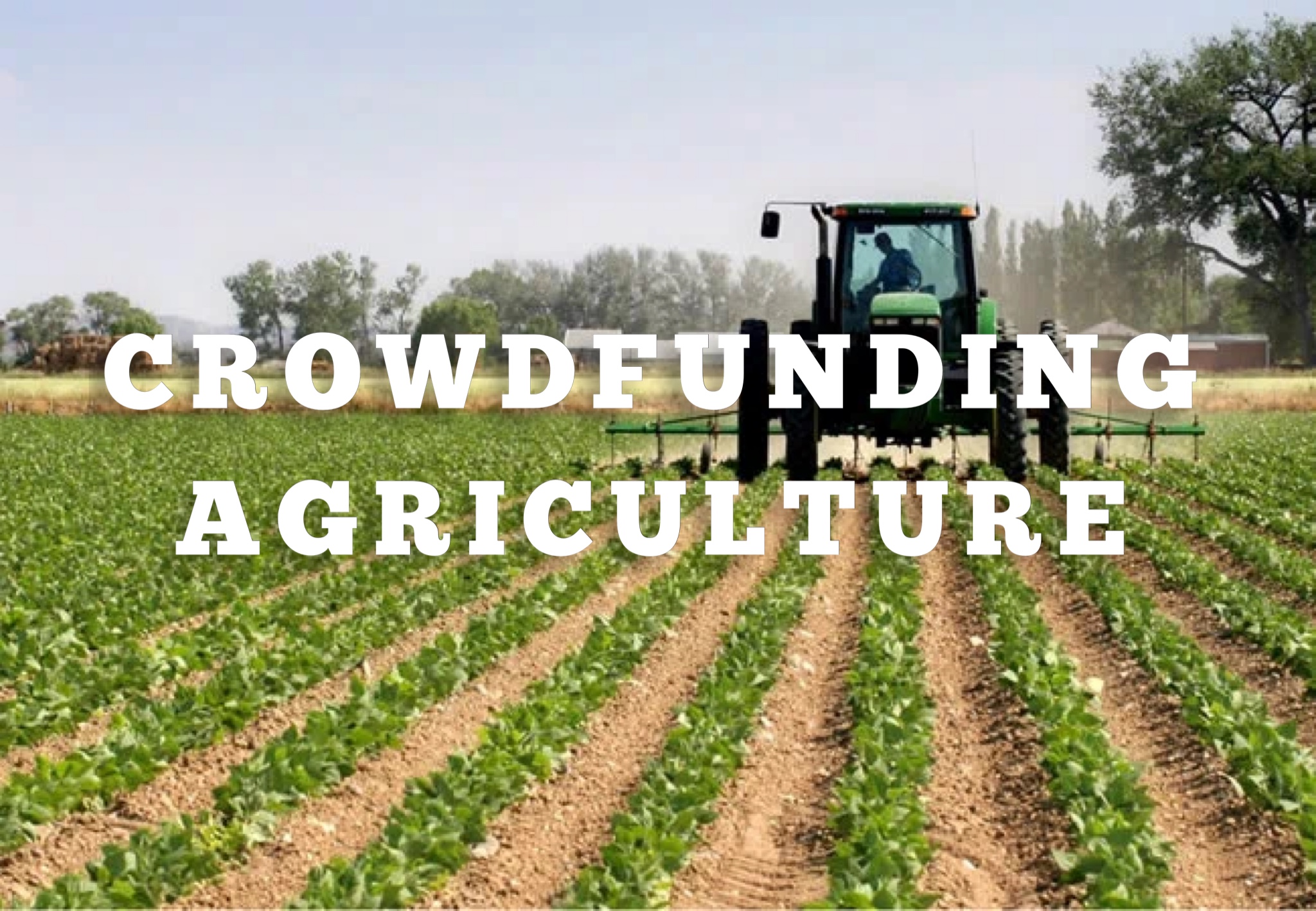A South African provider of sustainable agricultural transformation solutions, LP Agri, hopes to unleash and expand the potential of agriculture in Alexandra. This Agric technology company hopes to achieve this by introducing its incubation training programs and Hydro Coops.
According to LFP Agri, one of the quickest ways to lift residents of Alexandra township out of poverty and sustainably feed a growing population is to support smallholder farmers to take on a larger role in food production and resource stewardship.
Commonly called Alex, Alexandra, is a township in the Gauteng province of South Africa. It constitutes part of the City of Johannesburg Metropolitan Municipality and is situated next to the suburb of Sandton, known for its wealthy inhabitants.
The climate-smart, innovative, and scalable LFP Agri Hydro Coop agriculture system impacts food affordability and security in rural and urban South Africa and Africa. The modular system can raise 1 100 broiler chickens, 3 600 vegetable plants, and an estimated R117 818.16 annual turnover. It is also simple to assemble.
The Hydro Coop works through the combination of necessary education, incubation, and mentorship and is aligned with 13 of the 17 standard development goals of the United Nations; it aims to reduce poverty, create sustainable jobs, and foster entrepreneurs in the agriculture sector. It consists of a 9-square-metre multifunctional smart farm outfitted with a 40-watt solar panel, a 40-watt submersible pump, a 150-litre water tank, and a water filtration system.
In addition to the ensuring it aligns with the global SDGs, the Hydro Coop complies with South African BEE best practices, in terms of business development, skill development, and social and economic development.
Alexandra township has between 180 000 and 750 000 residents, and thousands rely heavily on agriculture for their livelihoods. In addition to providing for their own families’ financial needs, many full- or part-time farmers also help to end hunger and reduce poverty.
However, the development of this vital contribution has been hampered, and many farmers have been left vulnerable due to growing land fragmentation, reduced investment assistance, and the marginalization of small farms in Alexandra municipality.
These frequently overlooked farmers have the ability to start a fresh, sustainable agricultural revolution throughout Alexandra township if given the right enabling circumstances and targeted help.
According to Louis Pulzone, CEO of LFP Agri, several factors put Alexandra township farmers at risk of poverty.
According to Pulzone, “Decades of underinvestment in agriculture, increasing competition for land and water, rising fuel and fertiliser costs, and climate change have made it more difficult for farmers in Alexander township to escape poverty,”
Agriculture investments are the most effective weapons against hunger and poverty. There are enormous opportunities for communities in Alexandra township to sow seeds of change. The required impetus is innovations that can drive agriculture productivity and increase participation.
The LFP Agri boss added that the company “is positioned to play a pivotal role in developing new model agricultural initiatives, capacity building, and farmer training, enabling farmers to establish smart and traditional agricultural firms, through the implementation of LFP Agri’s Hydro Coop.”
Read: Nigeria’s Hello Tractor Raises $1M for PAYG Tractor Leasing
Farmers are facing a barrage of challenges daily -Limited land available for agricultural activities, climate change, water shortages, loss of ecosystem services and biodiversity, dramatic increases in the cost of food and farming inputs, and the financial crisis- all of which have a disproportionate impact on impoverished people.
LFP’s Agri Hydro Coop avails farmers in Alexander township the opportunity to:
•Grow healthier produce quicker.
•Eliminate fertiliser burn (nutrient levels are readily assessed and maintained).
•There is no need for tilling, mulching, composting, weeding, raking, excavating, or watering.
•Pesticide utilisation is drastically reduced or eradicated.
•There is no need to worry about soil conditions or depletion.
•Less evaporation (water is not sprayed through the air).
•Completely sustainable cultivation: you can grow in the same spot.
•Saves space: one square metre can yield enough greens for a household of four.
•The system produces no waste items.
•Fewer trips to the store for commercially cultivated supermarket vegetables equals less gas consumed and less packaging discarded, lowering your carbon footprint.
•Avoid preservatives, artificial ripening agents, irradiated vegetables, and genetically modified organisms (GMOs).
Pulzone concludes that “history has shown us what’s possible when people can grow enough food. If we want to transform communities in Alexander township, we need to focus on raising agricultural productivity and making agriculture a sustainable business. When we conceived of the Hydro Coop as a method of economic benefit, the goal was to guarantee food and nutrition security, maintain a sustainable income, foster entrepreneurship, and advance development, and that’s exactly what the Hydro Coop is doing.”




